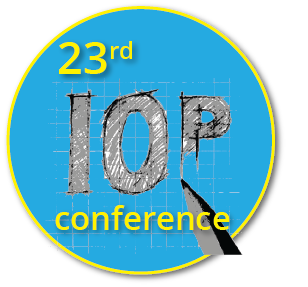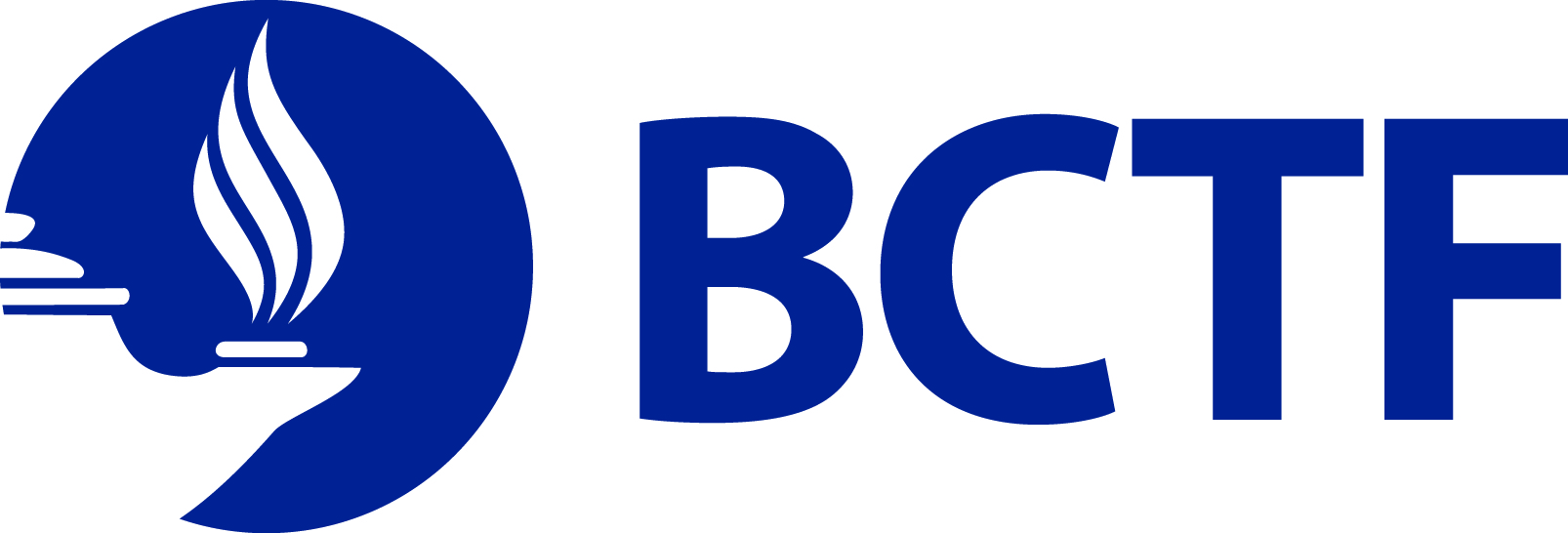Teaching Sustainability: How Do Youth Share Ecojustice Learning & How Can This Inform Ecojustice Pedagogy
Poster by: Rebekah Parker
Sessions B/D | 9:45 – 10:00/10:45 – 11:00 | Room Main Corridor, 2nd Floor
Abstract:
Ecojustice theory consists of three threads: understanding the interdependence of local and global ecosystems, a deep cultural analysis of Western thinking and systems, and “the need to restore the cultural and environmental commons” (Martusewicz, Edmundson, & Lupinacci, 2011, p.20). Working with youth (15-18 years) at the Pearson Seminar on Youth Leadership, an environmental and social justice leadership program, this research focuses on how youth respond to and share ecojustice learning beyond the classroom, and how it might inform ecojustice pedagogy.
Using journal reflections, Forum Theatre (Boal, 2002), and narrative inquiry as a methodological base, this research explores youth’s methods of sharing ecojustice with their communities, and the reactions they receive. This poster will highlight a snapshots of these conversations and the resulting “dataplay” (O’Riley, 2003), and explore implications for educators.
Overall, the youth articulated a desire to learn strategies for having (at times) difficult conversations about the state of the world, and ways to engage their indifferent peers. They also expressed feelings of guilt, shock, and fear when addressing systemic and global issues like climate change and overconsumption, and offered storytelling, creativity, and personal conversations as possible pedagogic solutions. For educators, there is an underlying need to consider the emotional dimensions of these issues, and to work with youth to unpack the nuances of individual and collective responsibility. The youth’s messages present a call to address not only the content of ecojustice issues in our teaching, but also the resulting actions that youth can implement in their communities.

